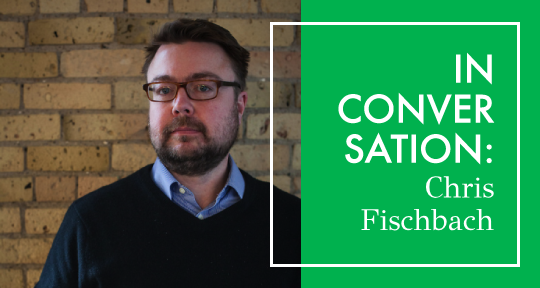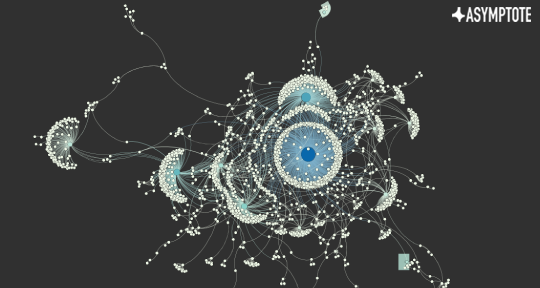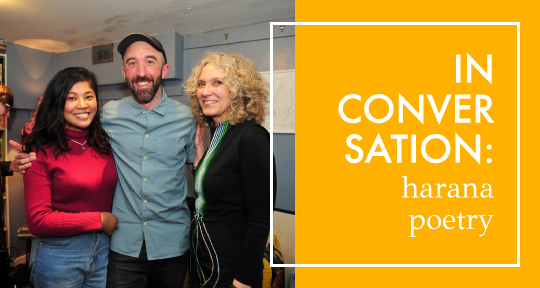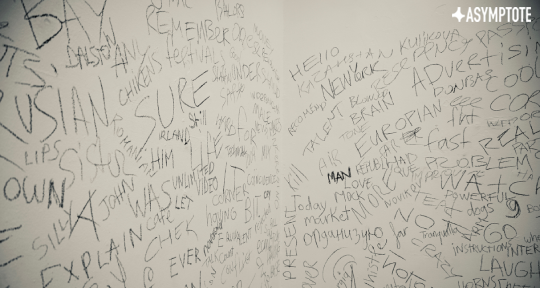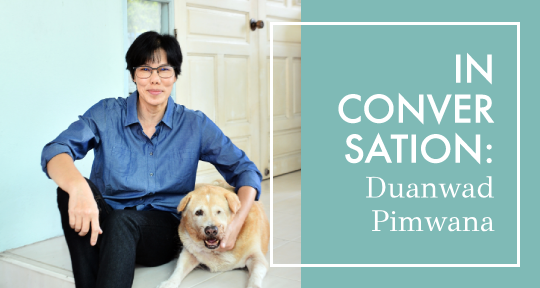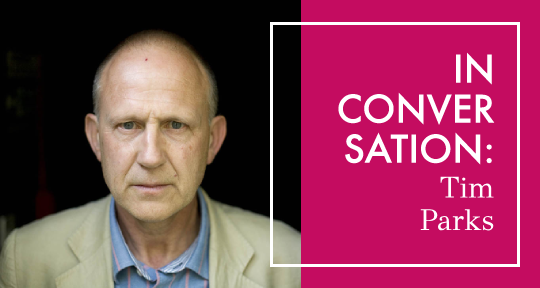Late last year, Benjamin Moser’s critical NYT review of Kate Briggs’s This Little Art occasioned a rousing debate in the literary translation community about the nature of translation quality and criticism. The review prompted a scathing letter to the editor from a group of translation heavyweights, including Susan Bernofsky and Lawrence Venuti. Tim Parks weighed in with an NYR Daily piece, “Why Translation Deserves Scrutiny,” which outlined some challenges of criticizing translation and defended the effort.
In this conversation, Parks elaborates on the role of the translation critic, clarifies his notion of mistakes, and explains how translation theory affects his criticism. Raucous debates about quality and criticism have characterized conversations about translation for centuries. The conversation continues here.
Allison Braden (AB): At a translation conference, I heard a panelist argue that mistakes in translation, as long as they don’t significantly impede the author’s message, are irrelevant. He then went on to say that he tries to avoid making mistakes as much as possible. Later, an audience member argued that as her career as a translator has progressed, she’s found herself making more “mistakes,” because of the increased latitude that experience affords. For a group that would seem to value semantic precision, there appears to be an alarming blurriness around the notion of mistakes versus agency. How do you conceive of the relationship between the two?
Tim Parks (TP): A literary text comes alive when a reader can bring to it the kind of competence and cultural reference that gives sense to the words. Since a translator is someone who reads a foreign text for those of us who can’t read it directly ourselves, we hope that he or she is such a reader and has that competence and knowledge. Of course becoming a deep and accurate reader in a language that is not your mother tongue is not an easy proposition. Almost all of us have our lacunae. So there are going to be times when the translator misses something, doesn’t recognize that a certain phrase is an idiom, doesn’t realize that in a certain context this or that word can have an unusual connotation; then when they write down their version we have a mistake. The importance of the mistake will depend on its place in the text and the kind of text it is. It may indeed be irrelevant or minor. But equally it may be crucial. Or frequent small mistakes may eventually amount to an overall difference in tone or feeling. Whatever the case, mistakes—and I can’t see one can call them anything but that—are hardly desirable.
Returning though to the “blurriness” you observe in regard to what is hardly a difficult question, one can’t help feeling it arises from a sense of vulnerability about the translator’s competence in the source language. There is a tendency these days to suggest that you only need have a basic grip on a foreign language and a neat turn of phrase in your English and you can translate successfully, even win prizes. Or that it’s enough to do an MA in Translation Studies. But language is a rich feast and literature exploits and intensifies that richness. We love a fine piece of writing for the abundance of allusion and wit and suggestion it conjures up, and the feeling that when we read it again we will find more. It’s not easy to arrive at the kind of second-language competence where one genuinely gets all this, or even most of it. So some translators are understandably defensive or vague. READ MORE…

